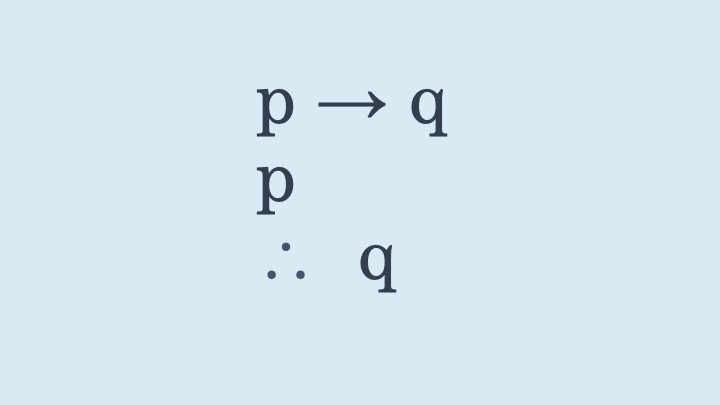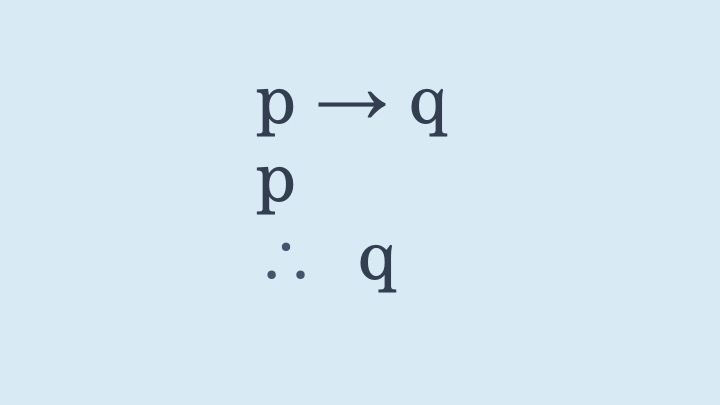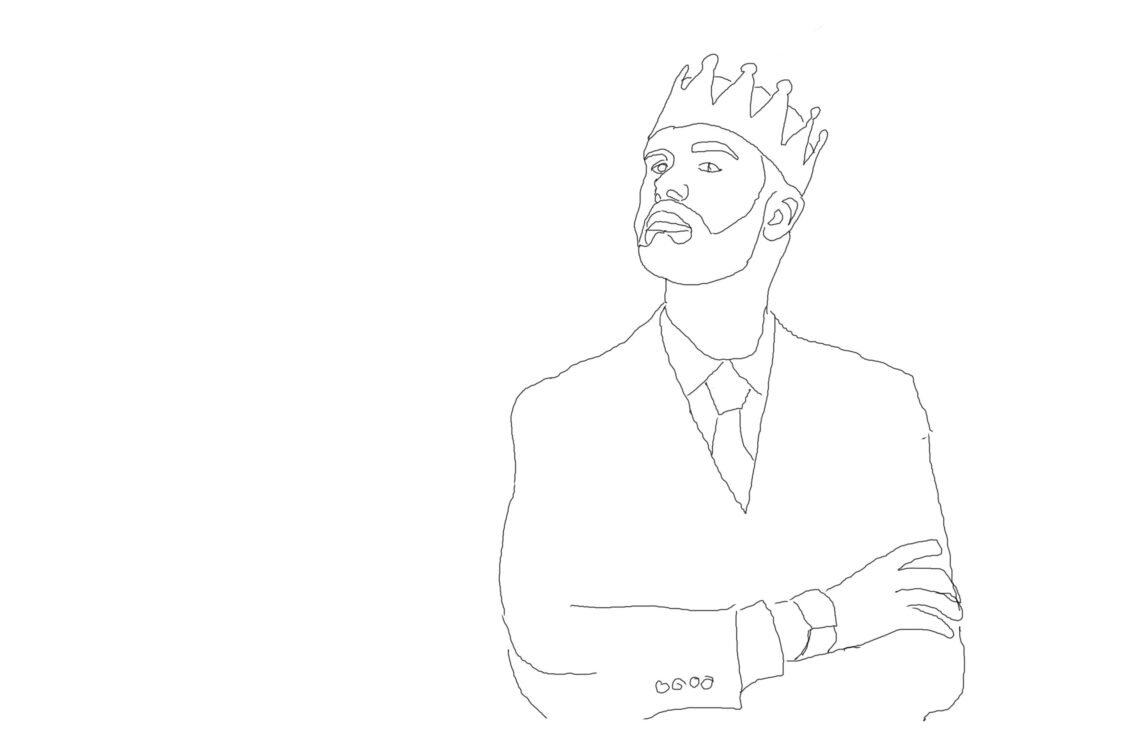An inference is a kind of intellectual movement. Suppose I consider one belief I might have. I consider what follows from it and, as a result, I come to believe something else. Coming to believe something from something else is an inferential process. Most plausibly, the process involves adhering to a rule of inference. For example, the rule of modus ponens has the following form: if p, then q. p. Therefore, q. If I believe that apples grow on trees and I believe that the fruit I am eating is an apple, I can use modus ponens to infer that the fruit I am eating grew on a tree. The…
-
-
Math Made Up
Is math made up?
-
Why my Guitar Gently Weeps
I have played the guitar since I was 14. One of its chief attractions for me is the guitar’s capacity to express emotion. To be honest, I’m not that good at expressing mine in any other way. ‘I feel sad’ doesn’t quite capture emotion in the same way a lengthy bend on my B string can. And nothing says ‘I’m annoyed’ as well as a tritone. My influences were all players who knew how to ‘speak’ with their guitars (see here, here, here, or here for examples). For some reason, I hear emotions in some sounds. I don’t merely mean that the music causes me to have an emotion. I…
-
Replacement Epistemology
I take it that I know that there is a tree over there. It is true, I believe it, and I have good reason to believe it (I am perceiving it right now and my perceptual faculties are functioning properly). Working out what it is for a belief to be true and warranted is traditionally a task for philosophy. It is a normative domain – what are the necessary and sufficient conditions for warrant? In addition, one needs an account of warrant. Are those conditions internal mental states or external causal relations of some sort? The replacement epistemologist argues that those questions have no normative answer. There is no ‘ought’…
-
Law and Order!
There are many kinds of rules. There are rules of grammar, rules of etiquette, rules of law, and rules of inference. I’m interested in them all, but in this post, the kinds of rules that interest me are the latter kind. Here is one: ‘if p, then q. p. Therefore, q.’ The rule of inference (modus ponens) is said to be truth-preserving. If the premises are true, then it follows that the conclusion is also true. There are two difficulties with law and order when it comes to inference. First, there is the apparent difficulty of explaining what sort of justification we could have for believing such rules of inference.…
-
Meaning, Knowledge, and ‘Culture’
Culture In its broadest sense, a culture is a set of beliefs and norms held by groups of people and passed on from one generation to the next. When it comes to hermeneutics, the theory and practice of interpreting texts, culture is something the reader (and author) possesses. I can talk about my culture and your culture. What I mean by possession is that we possess beliefs and norms that are passed on to us by a previous generation in virtue of which we belong to a particular culture. What constitutes a group is unclear. Technically, a group is a collection of people composed of at least one person. As…
-
Text and Intention
Semantic autonomy is the view that literary works are independent objects that possess properties sufficient for determining their interpretations. One has no need to consult the author’s intentions. The view was defended in “The Intentional Fallacy” by Wimsatt and Beardsley in 1946. Its most prominent opponent was E. D. Hirsch whose book, Validity in Interpretation (1967), defended the view that the meaning of a literary work is determined by its author, specifically by the intentions of the author. Hirsch argues that if the author does not determine the meaning of a work, then nothing does. It would follow that there really is no such thing as the meaning of a…
-
Pride and its Consequences
Pride is a pre-occupation with oneself. It is to think too much of ourselves. Thus, pride may be displayed either self-aggrandizement or self-pity. All that is required for pride is to occupy yourself with yourself too much. Pride causes a host of other problems. For example, pride makes us ignorant. If we think too highly of our own opinions, we will be unteachable. We’ll only listen to people with whom we agree. Pride makes us people-pleasers. If we think of our feelings above all, we will do pretty much anything to illicit the love of others. Pride makes us factious. If we think that we are the center, then we…







